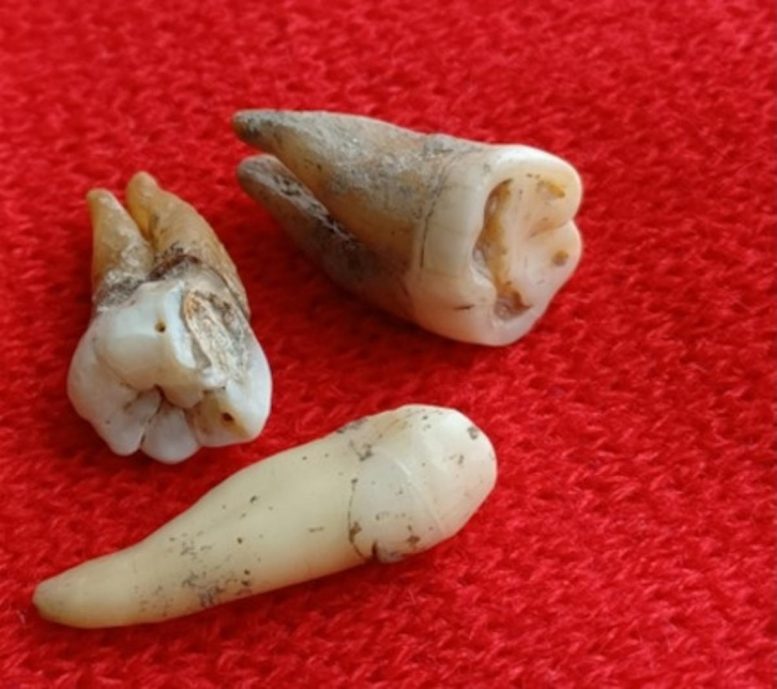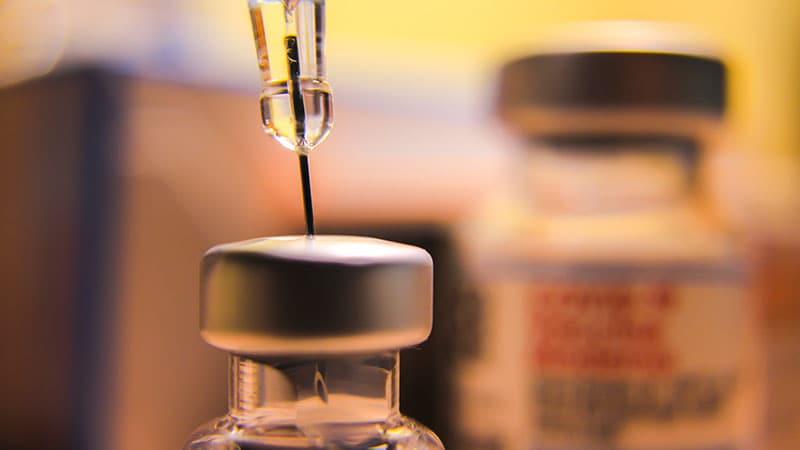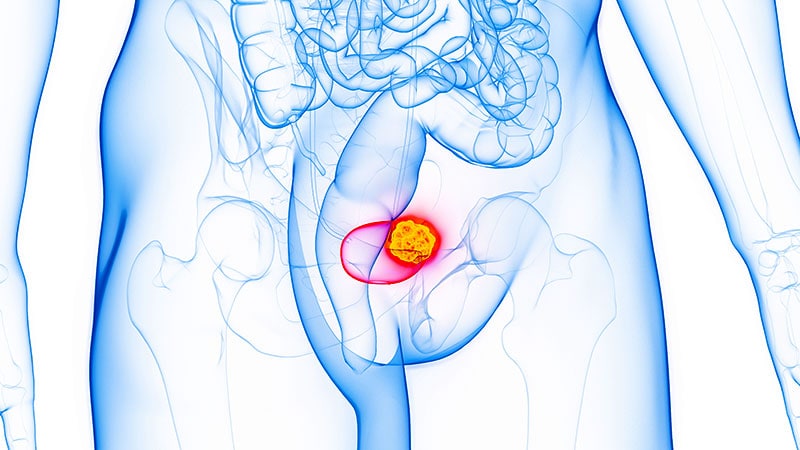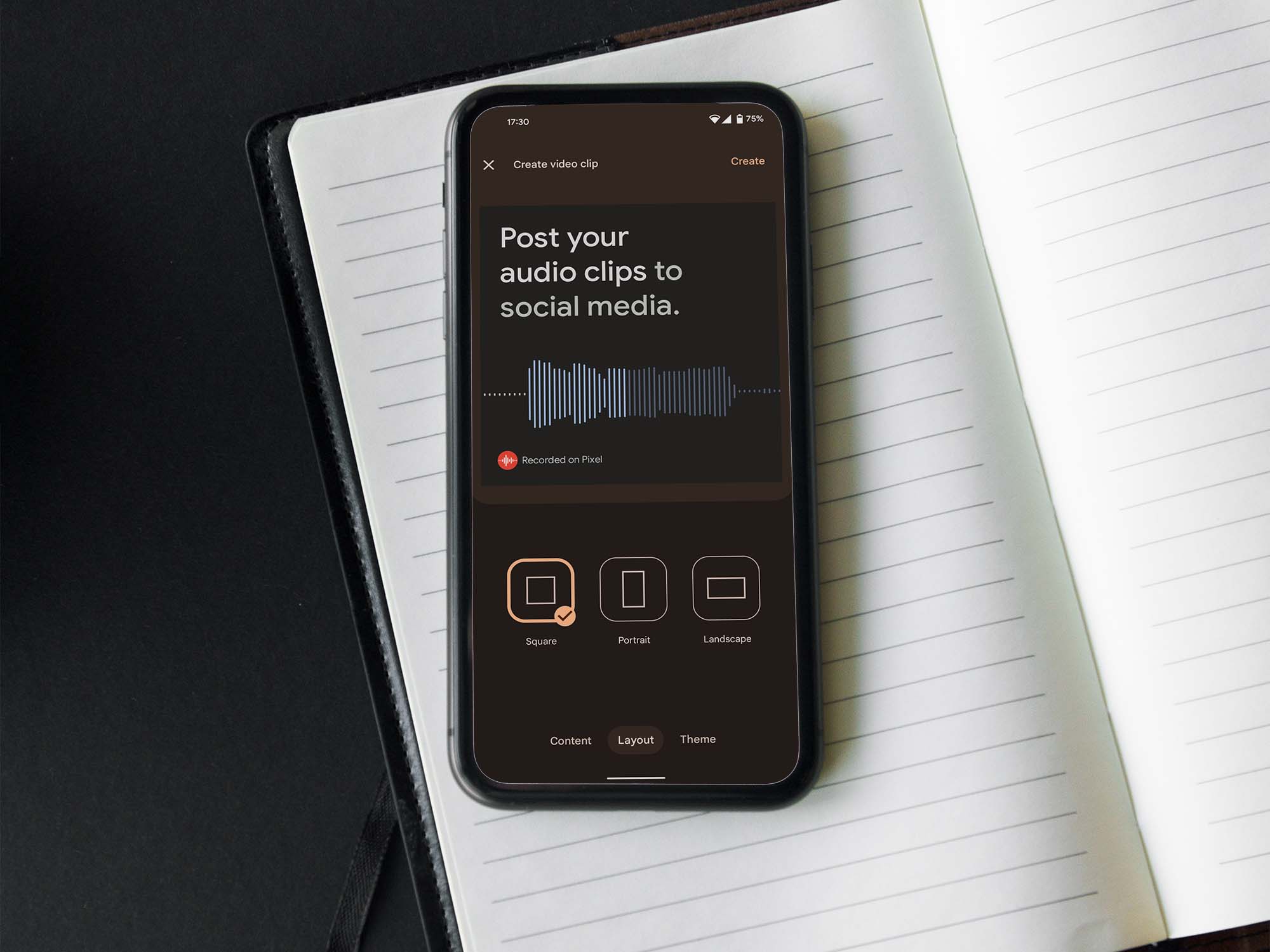
Teeth can preserve antibodies for centuries, potentially enabling the study of historical human diseases, according to a study led by the University of Nottingham. Functional antibodies from 800-year-old teeth were found to still recognize viral proteins, expanding the field of palaeoproteomics. Credit: Robert Layfield, University of Nottingham
A recent study has discovered that teeth may have the ability to preserve antibodies for several centuries. This could provide scientists with a valuable resource for exploring the history of infectious diseases in humans.
Antibodies are proteins that the immune system generates in response to pathogens such as viruses and bacteria. These proteins function to identify these harmful microbes, enabling the immune system to target and eliminate them from the body.
In the new paper, published by iScience, antibodies extracted from 800-year-old medieval human teeth were found to be stable and still able to recognize viral proteins.
The study, led by Professor Robert Layfield and research technician Barry Shaw from the School of Life Sciences, University of Nottingham, in collaboration with Professor Anisur Rahman and Dr. Thomas McDonnell from the Department of Medicine at University College London, expands the study of ancient proteins, referred to as palaeoproteomics, potentially allowing experts to analyze how human antibody responses developed through history.
Palaeoproteomics can reach back into deep time with ancient proteins already successfully recovered and identified after preservation in 1.7-million-year-old dental enamel from an ancient rhinoceros and an ostrich eggshell more than 6.5 million years old. In this new study, the authors also found preliminary evidence that, like the medieval human teeth, mammoth bones nearly 40,000 years old appear to preserve stable antibodies.
This science has previously been applied by the Nottingham team to the analysis of other disease-associated proteins recovered from archaeological human bones and teeth to allow the identification of an unusual ancient form of the skeletal disorder Paget’s disease.
Professor Layfield explained: “In discovery science, we come to expect the unexpected, but the realization that intact, functional antibodies can be purified from skeletal remains in the archaeological record was quite astonishing. Some ancient proteins were known to be stable, but these tend to be ‘structural’ proteins such as collagens and keratins, that are pretty inert.”
Professor Rahman added: “Antibodies are different because we are able to test whether they can still do their job of recognizing viruses or bacteria even after hundreds of years. In this case, we found that antibodies from medieval teeth were able to recognize the Epstein-Barr virus, which causes glandular fever. In the future, it could be possible to look at how antibodies from ancient specimens react to diseases present during those periods, such as the Black Death.”
Reference: “Preservation of whole antibodies within ancient teeth” by Barry Shaw, Thomas McDonnell, Elizabeth Radley, Brian Thomas, Lynn Smith, Carol Davenport, Silvia Gonzalez, Anisur Rahman and Rob Layfield, 9 August 2023, iScience.
DOI: 10.1016/j.isci.2023.107575
Note: This article have been indexed to our site. We do not claim legitimacy, ownership or copyright of any of the content above. To see the article at original source Click Here











![The Event That Makes You Say "How Did We Lose It To Someone Else": Train Hit The Plane In The USA [Video] thumbnail](http://www.webtekno.com/public/site/images/wtlogo.png)

